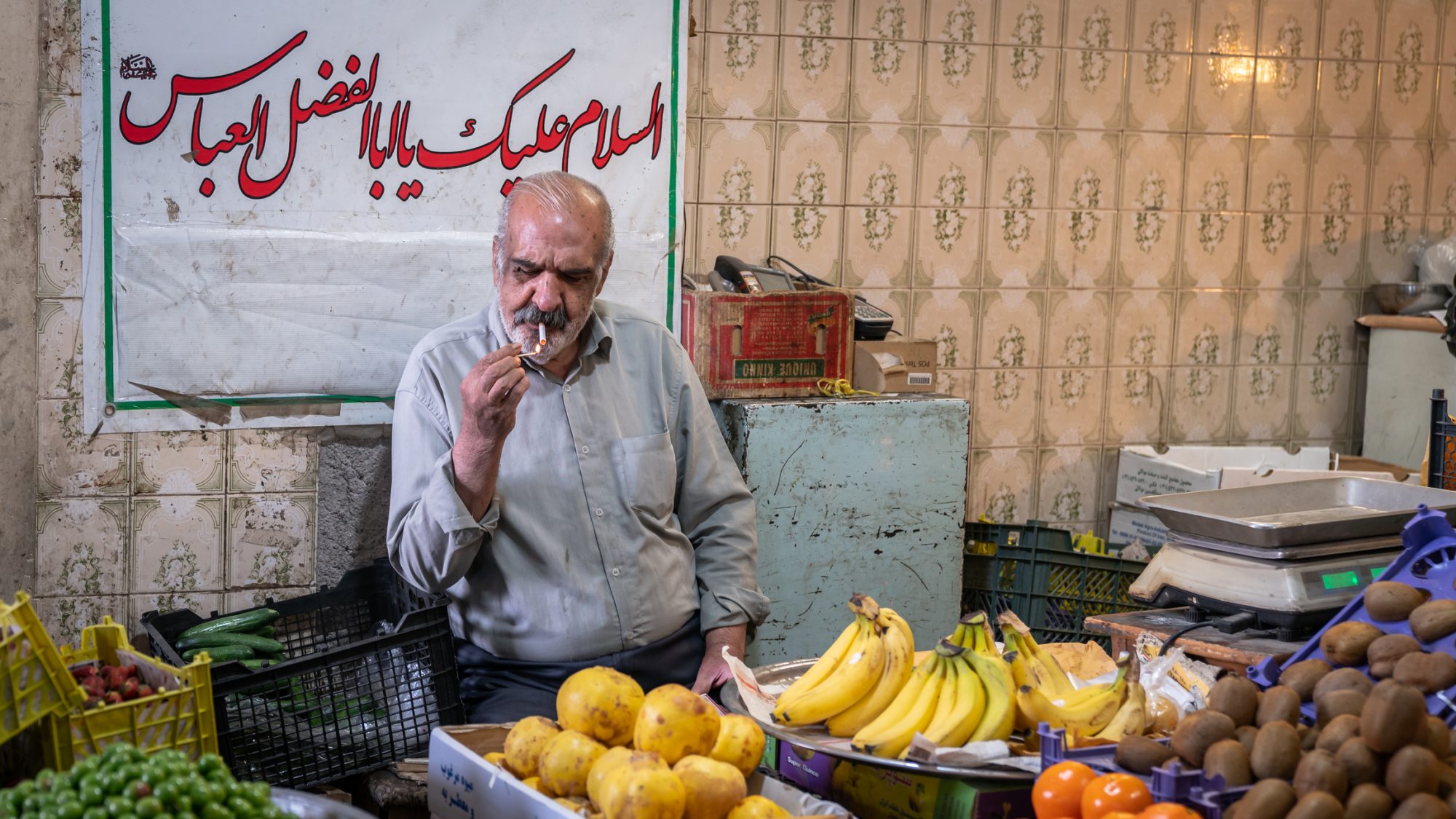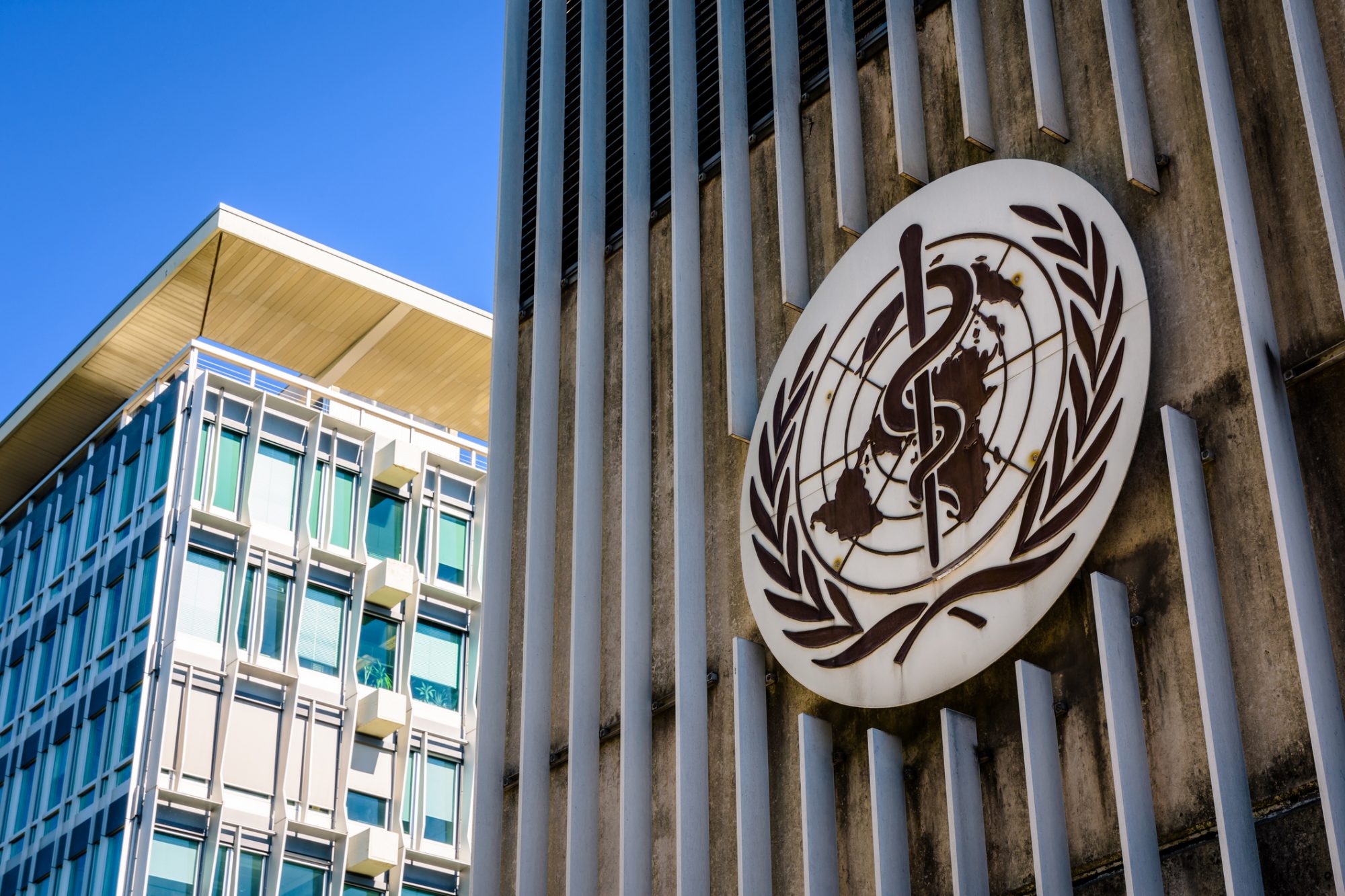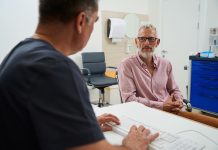New WHO studies look at health systems across 14 countries in Europe and Central Asia to reveal how to better invest in the health of millions
Allowing policy-makers the chance to compare and collaborate, recent studies from the World Health Organization present countries’ health systems at a glance.
Many citizens in the WHO European Region are fortunate to live in countries where the health system can look after them when they fall ill. But sadly, for millions of others, falling ill means having to choose between paying for medical treatment and paying for food, education and other necessities.
In some countries in Eastern Europe and Central Asia, more than half of health spending is paid out of pocket when people use health services, rising above 70%, in some cases
In some countries in Eastern Europe and Central Asia, more than half of health spending is paid out of pocket when people use health services, rising above 70% in some cases. When government’s public spending for health care is low, households face hardship and financial ruin. This needs to change, and we believe that one of the most obvious and best ways in which this can happen is through more, better public spending in health – using data and evidence to shape policies and attract resources.
Investment in primary care
The need for public investment in health is particularly acute in the Eastern and Central Asian part of WHO’s European Region. And while spending in hospital care is undeniably important, this should not come at the expense of investment in primary care, which is so often people’s first point of entry into the health system. We know that primary care is a proven and cost-effective way to promote healthy behaviours and tackle issues such as smoking and obesity as major drivers of non-communicable diseases.
Public investment in health should come across the board—from medicines and health coverage, to training and support to health workers; from better insurance coverage to better controls on risk factors such as smoking and alcohol.

The good news is that some of this progress has already begun. This week, health ministers of the 53 countries in the WHO European Region are meeting in Israel for WHO/Europe’s annual Regional Committee—the body’s key governance and decision-making gathering.
On the Regional Committee’s first day, WHO/Europe together with the European Observatory on Health Systems and Policies is launching a series of new studies that look at how health systems in 14 non-EU countries have been performing in recent years. And the urgent need for better investment in health is possibly the single most important finding in the new studies.
The new reports also found that, despite persistent challenges, there is also much progress to be celebrated. In places such as Georgia and Tajikistan, public investment in health has actually increased. A number of countries are striving to roll out social health insurance for all residents. Armenia is increasing controls over smoking; and the Republic of Moldova is increasing financing in primary care.
Providing complex evidence in an accessible way
Understanding the complex interactions between so many different elements of the health system is crucial. COVID-19 has propelled health systems into the spotlight, urging policymakers to better grasp the complexities of health system reform, including through the use of stronger data and health information systems. Most importantly, the pandemic has highlighted the need for the scientific community and policymakers to communicate these complexities to the public, in an accessible and transparent way.
Understanding the complex interactions between so many different elements of the health system is crucial
Another key lesson is how countries can and should learn from one another. Although some governments may experience similar challenges, with differing responses, policymakers should be able to identify the similarities and act accordingly.
These new studies capture these nuances in this set of 14 countries, offering a powerful tool for policymakers across the Region; they also serve as a key resource for policymakers who often have limited time to grasp a huge subject area; and they are aimed at other national actors, such as ministries of finance and economic development, who often manage national budgets, including those for health spending.
Allowing countries to compare challenges and achievements
With this type of work, WHO/Europe is calling on governments to assess what is working well, and how. From examples such as Armenia, we can learn how to roll out successful cancer screening programmes. From the Kyrgyzstan example, we are learning how national authorities can improve access to HIV diagnosis and treatment. Tajikistan can teach us how to achieve high levels of childhood vaccination while in other cases, we are offered successful models for managing health coverage for people who do not have health insurance.
Looking at some of the challenges ahead of us, North Macedonia and Serbia can also inspire their neighbours to support action on antimicrobial resistance. Likewise, Israel can teach us how to minimize the impact of future pandemics on life expectancy.
With these health system overviews, we will also be able to map each country’s progress against WHO’s European Programme of Work – a framework for action on health agreed by all Member States in the Region. This means that we are now able to assess how 14 different countries are performing towards Universal Health Coverage, protection against health emergencies, and promotion of health and wellbeing, including and particularly by addressing mental health post-COVID.
We are honoured to launch the Health Systems in Action Insights at the 72nd session of the WHO Regional Committee for Europe on 12 September, in Tel Aviv, produced with and for Member States from outside the EU. It is our hope that countries feel inspired and committed to understanding their own and each other’s health systems quickly and easily.
Because acting on strong and reliable evidence is an essential step to leaving no one behind.
–––––––––
This work was provided by Dr Hans Henri P. Kluge (WHO Regional Director for Europe), Dr Josep Figueras Marimont (European Observatory on Health Systems and Policies), and Dr Natasha Azzopardi Muscat (WHO/Europe).
You can join the launch of the Health Systems in Action Insights on 12 September at 12:30-14:00 CEST (or watch the recording) here.
*The countries are Albania, Armenia, Bosnia and Herzegovina, Georgia, Israel, Kazakhstan, Kyrgyzstan, Montenegro, North Macedonia, Republic of Moldova, Serbia, Tajikistan, Türkiye, and Uzbekistan.











